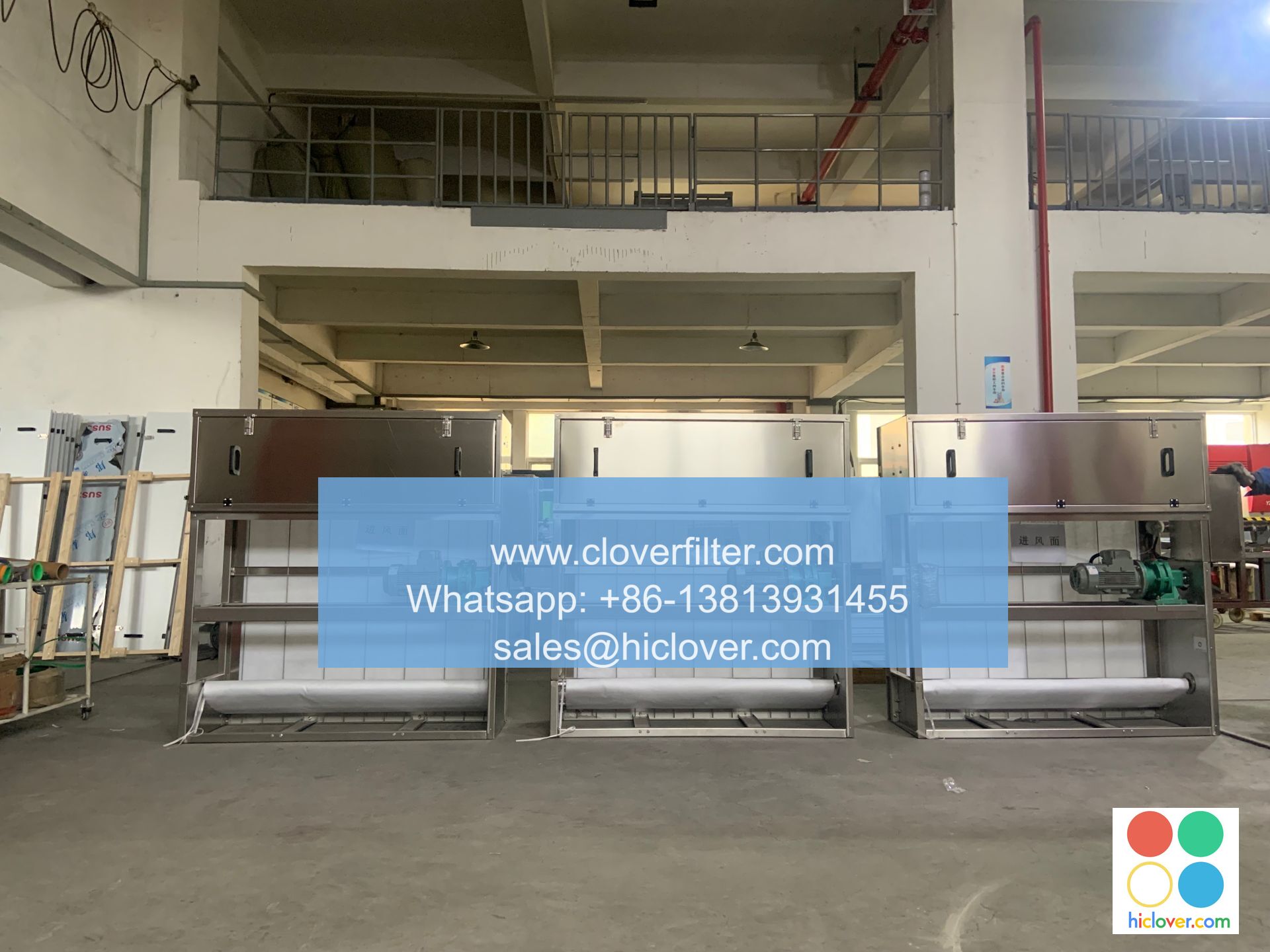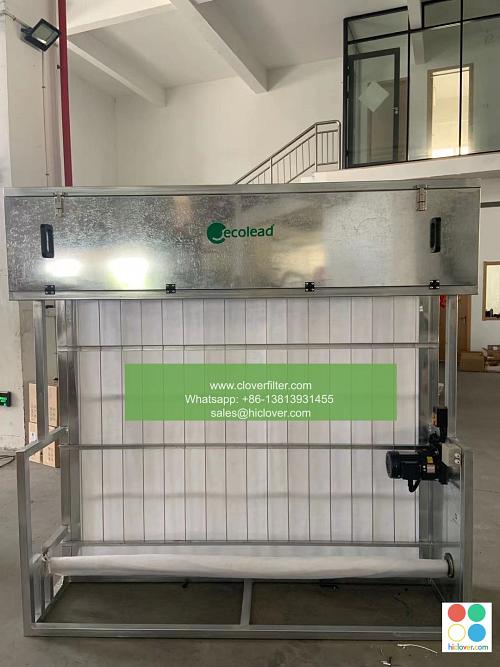Government Regulations and Air Filter Careers

Government Regulations and Air Filter Careers: An Overview
Introduction
As the world continues to urbanize and industrialize, the importance of air quality and filtration systems has become increasingly evident. Governments are implementing regulations to ensure that industries take steps to reduce pollution and provide a healthy environment for their employees and the general public. In this article, we will explore the government regulations surrounding air filters and the various career paths available in this field.
Government Regulations
Governments around the world have implemented regulations to control air pollution and ensure that businesses take steps to reduce emissions. For example, in the United States, the Environmental Protection Agency (EPA) sets standards for air quality and regulates industrial facilities to prevent pollution. In Europe, the European Union has implemented the Industrial Emissions Directive, which sets emissions limits for certain industries.
Air Filter Careers
With the increased focus on air quality and filtration, the demand for air filter professionals is rising. Here are a few examples of air filter careers:
HVAC Technician
HVAC (Heating, Ventilation, and Air Conditioning) technicians install, maintain, and repair heating and cooling systems. They often work with air filters to ensure that the systems are running efficiently and effectively.
Mechanical Engineer
Mechanical engineers design and develop systems that involve air flow, such as HVAC systems and industrial ventilation systems. They work with air filters to ensure that these systems are efficient and effective.
Industrial Hygienist
Industrial hygienists identify and assess hazards in the workplace, including air pollution. They work with employers to develop strategies to reduce workplace hazards and improve air quality.
Quality Control Inspector
Quality control inspectors test and inspect air filters to ensure that they meet industry standards. They work in manufacturing and ensure that air filters are produced to meet the required specifications.
Research and Development
Researchers and developers work to improve air filter technology and develop new products. They test and evaluate air filters to ensure that they are effective and meet industry standards.
Application Areas
Air filter careers can be found in a variety of industries, including:
- Industrial Facilities: Industrial facilities, such as power plants, manufacturing facilities, and warehouses, rely on air filters to ensure that the air is clean and safe for employees and equipment.
- Healthcare Facilities: Healthcare facilities, such as hospitals and clinics, use air filters to reduce the spread of airborne diseases and improve patient care.
- Residential Applications: Residential applications, such as homes and apartments, use air filters to improve indoor air quality and reduce allergens and odors.
- Agricultural Applications: Agricultural applications, such as greenhouses and farms, use air filters to purify the air and reduce the risk of airborne diseases.
Conclusion
Government regulations are becoming increasingly important in the air filter industry. Air filter professionals play a critical role in ensuring that industries take steps to reduce pollution and provide a healthy environment for their employees and the general public. The demand for air filter professionals is rising, and the application areas are vast.
It looks like you forgot to provide a prompt! I’m ready to help with any question or task you have. What would you like to get started with?


